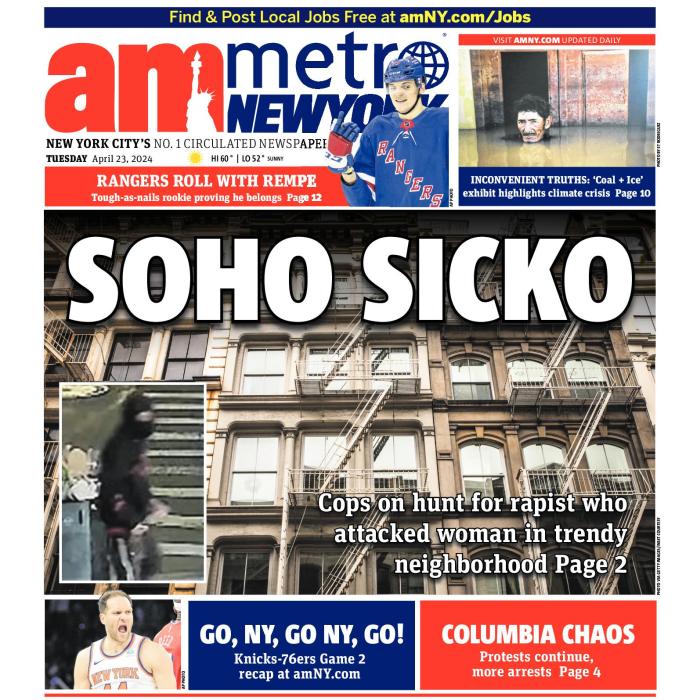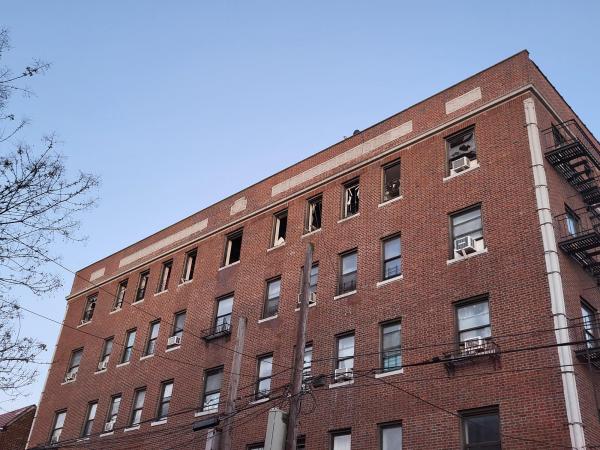There’s really no way to overstate the devastating implications of the Department of Investigation’s findings on City Hall’s handling of the Rivington House scandal.
Top city officials knew and in some instances applauded the lifting of a restriction on the deed to Rivington House, once a small nursing home on the Lower East Side for AIDS patients, that, in the end, turned it into a planned luxury condominium, with the seller which flipped the property pocketing a $72 million profit.
There was no accountability or oversight, no public process, no community involvement, and poor communication throughout this transaction. While there were opportunities to make the right decisions along the way, city officials failed to do so. Then, the officials interfered with the Department of Investigation’s review, limiting access to documents and computers, so who knows what we don’t know?
And yet, Mayor Bill de Blasio has brushed aside the report, refusing to discipline staff and attributing the problems to “old and mistaken policy” and “nothing worse than that.”
Here, de Blasio is wrong. This was more than just bad city policy. This was about high-level City Hall officials behaving improperly.
The internal probe doesn’t address whether lifting the restriction was an illegal quid pro quo for a campaign donation, but state Attorney General Eric Schneiderman is examining that angle. And the Rivington lease deal is part of a larger probe by U.S. Attorney Preet Bharara into the role of lobbying and money at City Hall.
Even if there is no criminal wrongdoing, there is plenty of blame to go around. We expected better governance and certainly more candor from City Hall.
New Yorkers are entitled to a thoughtful, honest, open and responsible government. It’s not enough to unveil sweeping new strategies on mental health or affordable housing. Governing comes down to the seemingly small decisions. When they’re made badly, the rest doesn’t matter.

















